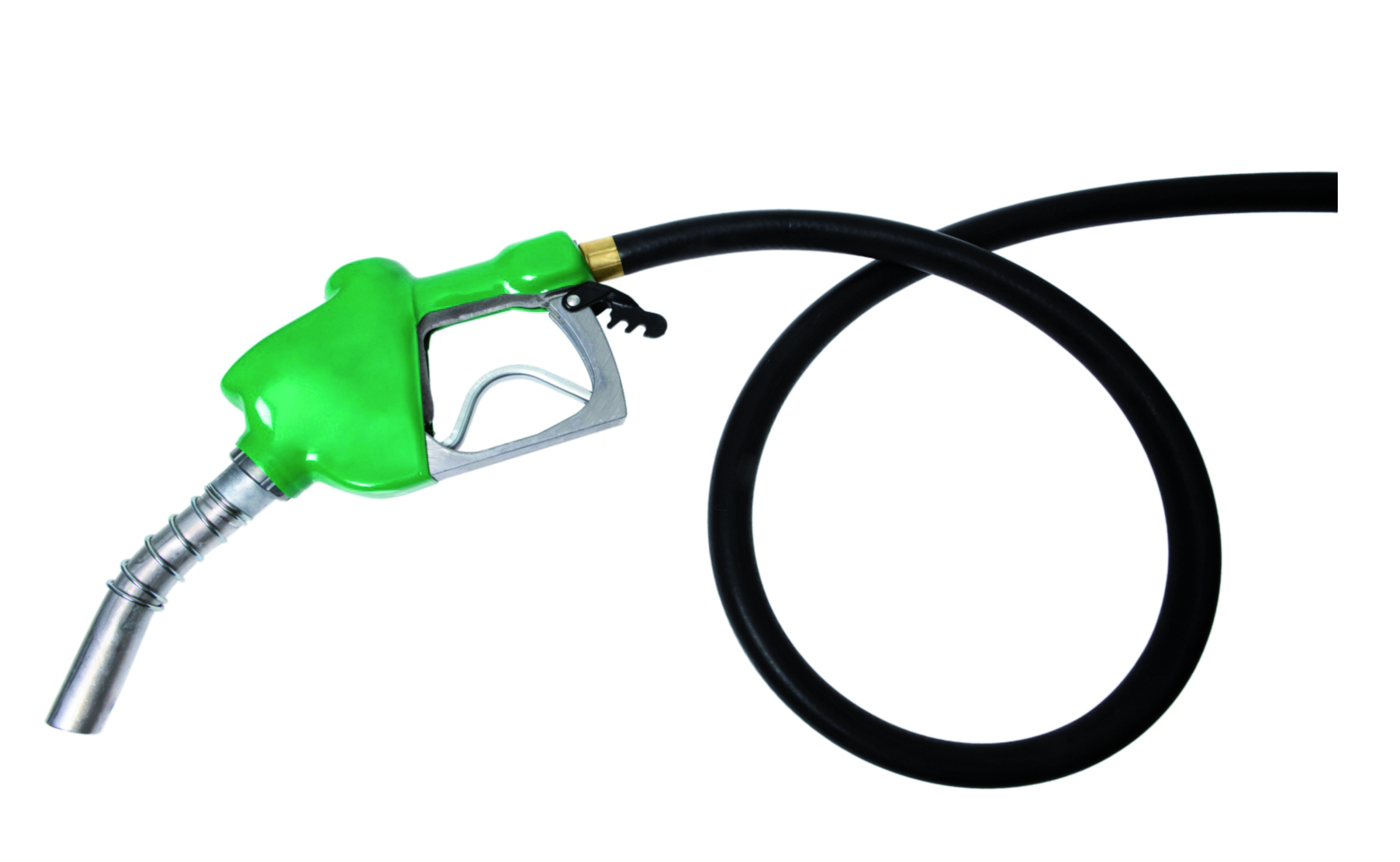Hundreds of thousands of runarounds E10 incompatible
Please note that more information on whether a vehicle is E10 compatible is available on the gov.uk website.
The RAC Foundation estimates that hundreds of thousands of family runarounds are amongst the E10-incompatible cars that remain on the UK roads.
The analysis is published as the Government consults on how best to protect consumers from any adverse impacts caused by the introduction of petrol with a higher biofuel content (10% maximum rather than the existing 5% limit).
Working from the DVLA vehicle database the RAC Foundation calculates that as of June 2017 there were 868,000 cars that would not be able to run on E10 without risking damage to the engine.
While many of these cars will be so-called historic models (over 40 years old at which point they become exempt from VED) many more are much younger and are likely to be in regular and frequent use. They will probably be owned by those on lower incomes.
By June 2020 the number of incompatible cars is expected to have dropped to 634,000 because of turnover in the car fleet, with all modern cars sold now engineered to use E10.
However there will still be tens of thousands of everyday-cars on the road that won’t be compatible, including:
VW Golf – 28,066 vehicles
MG MGB – 20,890
Mazda MX5 – 18,162
Nissan Micra – 15,785
Morris Minor – 12,796
The Department for Transport consultation proposes that any big retailer which wants to stock E10 fuel must also continue to provide “standard Premium 95 petrol in an E5 grade (95 E5)” as a protection grade.
Ministers fear that without this requirement many retailers deciding to stock E10 will only provide expensive super grade E5 petrol as the protection grade, hence hitting poorer motorists in the pocket.
A move to E10 could come about because of increasingly stringent targets being set under the Renewable Transport Fuel Obligation (RTFO) with fuel suppliers possibly deciding to raise the proportion of bioethanol in petrol to meet the requirements.
Steve Gooding, director of the RAC Foundation, said:
“As and when E10 appears on the forecourts, drivers need to know whether their cars can use it without being damaged.
“This analysis shows that even in a couple of years’ time there will still be hundreds of thousands of cars on our roads that are incompatible with the new fuel.
“Whilst some of those incompatible with E10 fuel will be historic models, many will be old but serviceable everyday run-arounds that people on a tight travel budget rely on to get about.
“The good news is both that the vast majority of cars on our roads are able to run on E10 and that Transport Secretary Chris Grayling has recognised the need to protect the users of those older vehicles which are not E10 compatible.
“It will be interesting to see whether the current consultation generates support for the Government’s proposed way forward.”
ENDS
Contact:
Philip Gomm – Head of External Communications – RAC Foundation
[email protected] | 020 7747 3445 | 07711 776448 | 020 7389 0601 (ISDN)
Notes to editors:
The RAC Foundation is a transport policy and research organisation that explores the economic, mobility, safety and environmental issues relating to roads and their users.
The Foundation publishes independent and authoritative research with which it promotes informed debate and advocates policy in the interest of the responsible motorist.
All the Foundation’s work is available at: www.racfoundation.org



